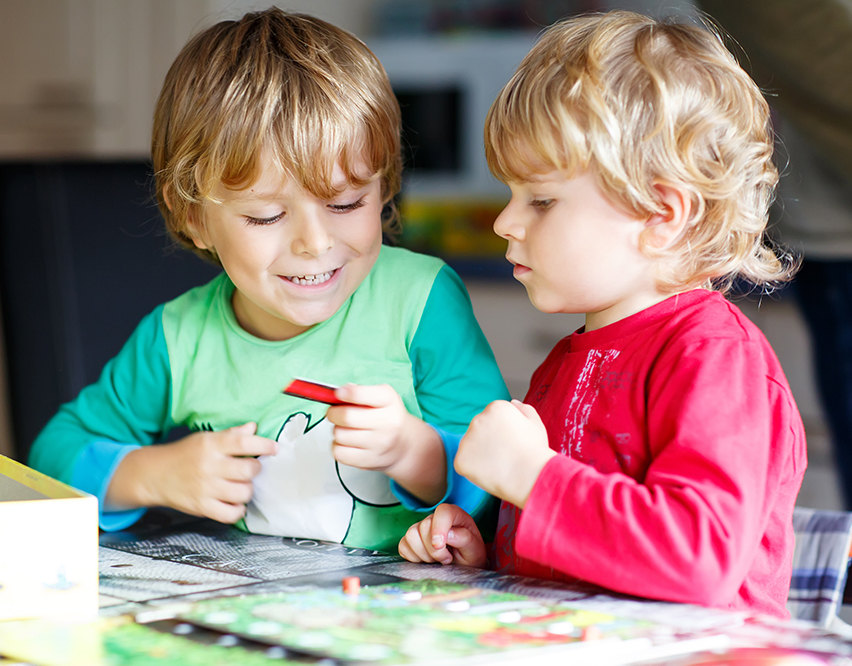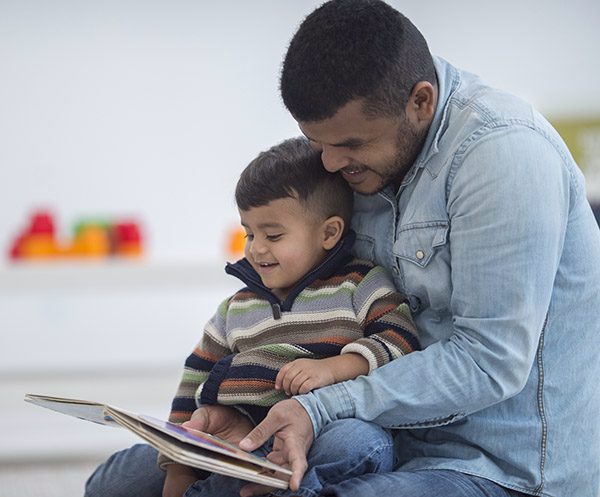Tips to get your child school ready
It may seem like an odd topic for March, but area preschools are enrolling for the fall and kindergarten round-up is just around the corner. Maybe this fall is the time your child will go to kindergarten or start preschool. Let's talk about what your child needs to know to be ready for school and what you can do to help them be ready.
School readiness overview
 School readiness is so much more than just a few skills. It involves the whole child, their skills and their overall development thus far. School readiness includes areas of development like language, literacy, motor skills and problem-solving. School readiness is the end result of the early years including the experiences and lessons a parent or caregiver provides.
School readiness is so much more than just a few skills. It involves the whole child, their skills and their overall development thus far. School readiness includes areas of development like language, literacy, motor skills and problem-solving. School readiness is the end result of the early years including the experiences and lessons a parent or caregiver provides.
Consider that 90 percent of a child’s brain architecture is built before the age of 5. Recent brain research helps us understand that school readiness is not just academic basics, but the skills that provide the foundation for success in school and in a child’s ability to reach their full potential.
Unfortunately, not all children will enter school ready or with the same skillset. With that said, school readiness is achieved when parents or caregivers engage with a child, pique a child’s natural curiosity and value play.
Tips to get your child ready for school
Here are some ideas to help you help your child be ready for school.
 Read every day.
Read every day. - Engage your child in conversations (during play, at meals, etc.) and talk about feelings.
- Cultivate persistence. If they don't succeed at something, encourage them to try again and again. You can also model this.
- Sing rhyming songs.
- Play board games (Memory).
- Practice using scissors and glue.
- Encourage curiosity and problem solving by completing puzzles and asking questions about their play – why, where, who, when, what's next?
- Talk with your child’s friends and their parents. Also support your child’s relationships with other caring adults.
- Model how to be calm.
- Make time for large motor play (go to the park, kick a ball, etc.).
- Praise cooperation.















